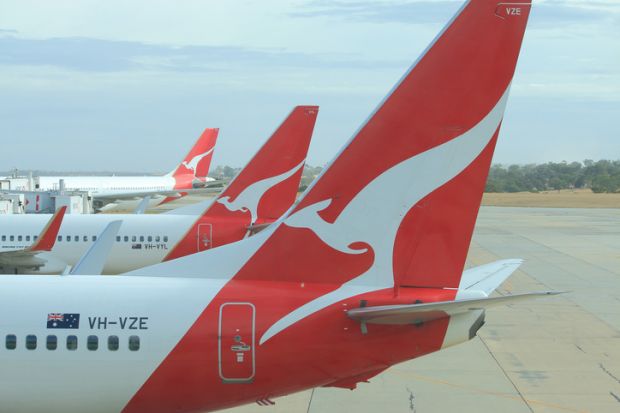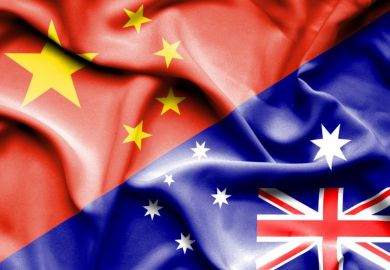Australia has been deemed the most popular foreign destination for Chinese students, in a survey conducted by one of Australia’s most strident Chinese critics.
The country was nominated as the country where Chinese people would most like to study, ahead of the UK, Germany and Japan.
Australia was also voted the second most popular travel destination, behind Japan but ahead of Russia and Singapore.
The results of the survey of about 2,100 mostly “well-educated” Chinese people were published in the Global Times, a nationalistic tabloid belonging to the Chinese Communist Party’s People’s Daily newspaper group. It is thought to voice official party policy and frequently publishes editorials condemning Australia’s anti-China stance.
The newspaper said that the survey had been conducted by its public opinion department in conjunction with the Australian Studies Centre at Beijing Foreign University. The results emerged a fortnight after the Chinese Ministry of Education urged locals to reconsider studying in Australia because of safety threats.
In late April, China’s ambassador to Australia warned of a potential boycott by Chinese students over perceptions that the island nation was “teaming up with…forces in Washington to launch a kind of political campaign against China”.
The survey suggests relatively few Chinese people feel that way. Asked to characterise Australia’s relationship with their homeland, two-thirds described it as a “business partner”. Fewer than 30 per cent nominated it as a “political or ideological threat” and 3.5 per cent viewed it as a “military threat”.
Fewer than one in seven considered Australia’s domestic policies to be a thorn in the side of China-Australia relations, although approximately half were worried about US influence on Australia. Almost a third cited ideology differences between the two countries as the “biggest disturbing factor”.
The mainly benign scorecard does not appear to reflect a lack of awareness of the tense bilateral relationship. Almost half of the respondents said that they would “absolutely consider” Australia’s policies and favourability towards China in assessing whether to study there, with another 38 per cent indicating that they would “fairly consider” these factors.
The results reflect a view among China watchers that notwithstanding Beijing’s stern rhetoric towards Australia, it is unlikely to take concrete measures to restrict student flows down under – and that students by and large will make up their own minds about where to study.
Nevertheless, the Global Times cited the survey as evidence that “Chinese people do not view Australia favourably” and editorialised that “this is a direct public response regarding deteriorating Beijing-Canberra ties”.
“The sharp deterioration of the bilateral relations can be traced to the novel coronavirus breakout. Mounting racism in Australia has recently escalated, with Chinese and other Asians suffering from increasing aggressive verbal and physical attacks.”
But the editorial insists that public opinion “will not impact” bilateral relations. “Neither the recent accelerated deterioration of China-Australia ties, nor the dropping favourable views among the public between the two countries, needs to be overstated from the perspective of China.
“Australia’s reliance upon the Chinese economy will never waiver,” it adds. “Canberra is clearly aware that it will not receive anything beneficial by continuously confronting Beijing – especially as an embarrassed lackey of the Trump family.”
Register to continue
Why register?
- Registration is free and only takes a moment
- Once registered, you can read 3 articles a month
- Sign up for our newsletter
Subscribe
Or subscribe for unlimited access to:
- Unlimited access to news, views, insights & reviews
- Digital editions
- Digital access to THE’s university and college rankings analysis
Already registered or a current subscriber?








